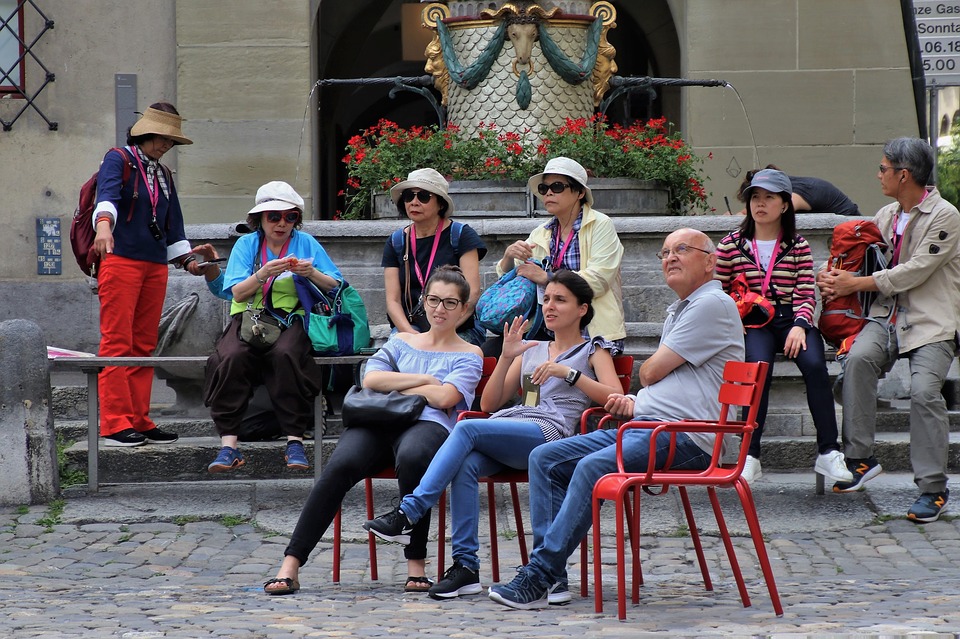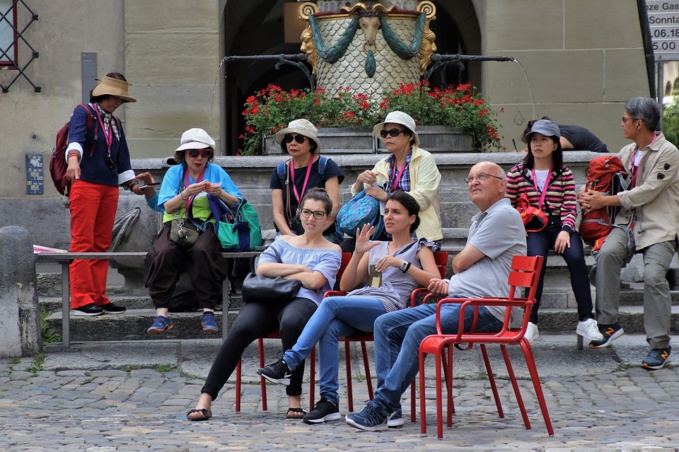According to analysts of research company Euromonitor International, last year the number of tourist trips worldwide increased by 5% to 1.4 billion. Asia was the fastest growing market. There, the number of trips increased by 8%.
In monetary terms, the tourism market in 2018 reached $ 2.5 trillion. According to the company's forecasts, the average annual growth rate of the tourist flow in 2018–2023 will be 4%, while tourism revenues will amount to 5%.
US citizens remain leaders in outbound tourism. There, the number of tourists has increased by 44% since 2013, last year the Americans made 115.3 million trips. Also in the top are Germany (an increase of 21%, 11 million trips), China (68%, 98 million trips), the United Kingdom (22%, 88.3 million trips) and France (20%, 52.2 million trips).
Consumer spending on tourism also keeps growing. The share of consumer spending on tourism and leisure in the world as a whole has already reached 17%. For Western Europe, this figure is 20%.
At least once a month, 9% of people in the world as a whole make purchases in this area. According to Euromonitor, 28% of consumers in the world as a whole are going to increase travel expenses.
Growing share of online sales is one of the new trends. Already 47% of global sales come from the Internet, and the share of purchases from mobile devices reaches 16%. In some regions, share of online sales is already more than half: it reached 63% in Australia and New Zealand, 57% - in North America, and 51% - in Western Europe. In the Asia-Pacific region, online sales account for 44%, in Eastern Europe - 42%
According to Euromonitor International analysts, 83% of travelers search the Internet for information when planning a trip, 48% book tours, tickets or hotels online, 36% buy additional travel services on the Internet during a trip. 69% of tourists share their impressions online during the trip.
Euromonitor International points to other trends:
• the disappearance of boundaries between industries and formats;
• shared economy trends growing in this area, like in many others;
• expansion of conscious consumption and care for the environment.
Incredible popularity of tourism attracts companies from other sectors. For example, furniture manufacturers and home furnishings West Elm and Ikea have opened their own hotels. Deliveroom service launched food delivery from urban cafes and restaurants to hotel rooms, and the sum of the order is credited to the room account.
The most illustrative example of shared consumption in the tourism sector is the Airbnb short-term rental service - its share in the world as a whole reached 3.4% in 2018.
source: euromonitor.com



















